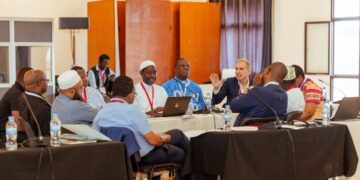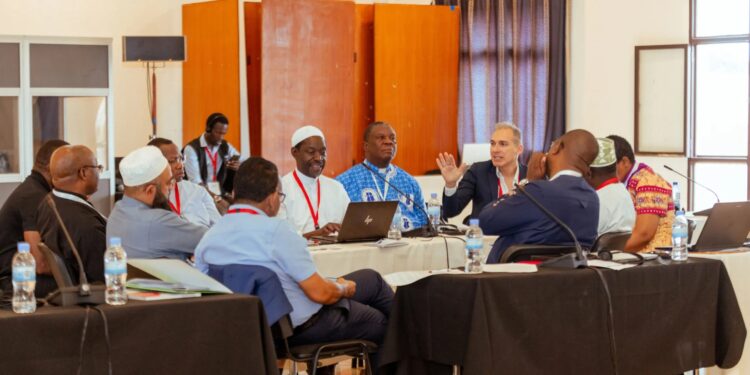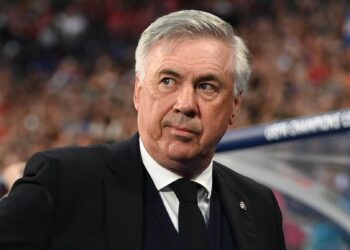By John Ikani
African religious leaders have issued a powerful plea for renewed debt forgiveness across the continent.
Their appeal coincides with the approach of the 2025 Jubilee year, a period traditionally associated with reconciliation and starting afresh.
The call to action, issued from a gathering of faith leaders in Kigali, Rwanda, highlights the immense hardships faced by millions of Africans.
These struggles have been compounded by the COVID-19 pandemic, long-standing vulnerabilities, regional conflicts, weak healthcare systems, the climate crisis, and a rising cost of living.
The leaders warn that these crises have not only stalled development progress but also pushed many deeper into poverty.
“Just before the last Jubilee,” the statement reads, “our call for debt relief, echoed by world leaders and financial institutions, resulted in $130 billion of debt cancellation.
This helped several countries increase spending on poverty reduction initiatives. However, unfairness in international tax, financial, and trade systems, coupled with shortcomings in domestic governance, have led to a renewed debt burden.”
The faith leaders emphasize the urgent need for fresh debt forgiveness initiatives. They argue that such action is crucial to restore hope and avert a future where our planet becomes uninhabitable.
Many countries are now forced into a heartbreaking choice: invest in their people’s well-being or prioritize debt repayments.
The statement reveals that African nations are projected to spend a staggering $90 billion servicing public debt in 2024 alone.
Meanwhile, the average African country allocates only two-thirds of this amount to critical areas like healthcare, education, and social welfare.
The faith leaders propose a multi-pronged approach: forgiving unsustainable debt that hinders development and climate goals, establishing transparent and predictable debt reduction mechanisms, and promoting responsible lending and borrowing practices.
They also urge the international community to adopt risk-sharing strategies that ease the burden on debtor nations facing climate disasters and other crises.
Finally, they call for increased access to development resources that do not create further debt burdens. This includes leveraging tools like the Special Drawing Rights allocation.
Their message to global leaders at influential institutions like the G20, G7, United Nations, International Monetary Fund, and World Bank is clear: prioritize people and the planet over debt.
This can be achieved by forgiving unsustainable debts, establishing fair debt reduction processes, protecting nations from exploitative lending practices, promoting responsible financial conduct, integrating risk-sharing mechanisms into debt contracts, increasing access to non-debt-based development resources, and bolstering the financial capacity of international institutions to better support human progress.
The appeal is endorsed by prominent figures including Catholic Archbishop Mathew Kukah of Sokoto Diocese, Kenyan Bishop Willybard Lagho, and Kenyan Islamic scholar Ibrahim Lethome.




































